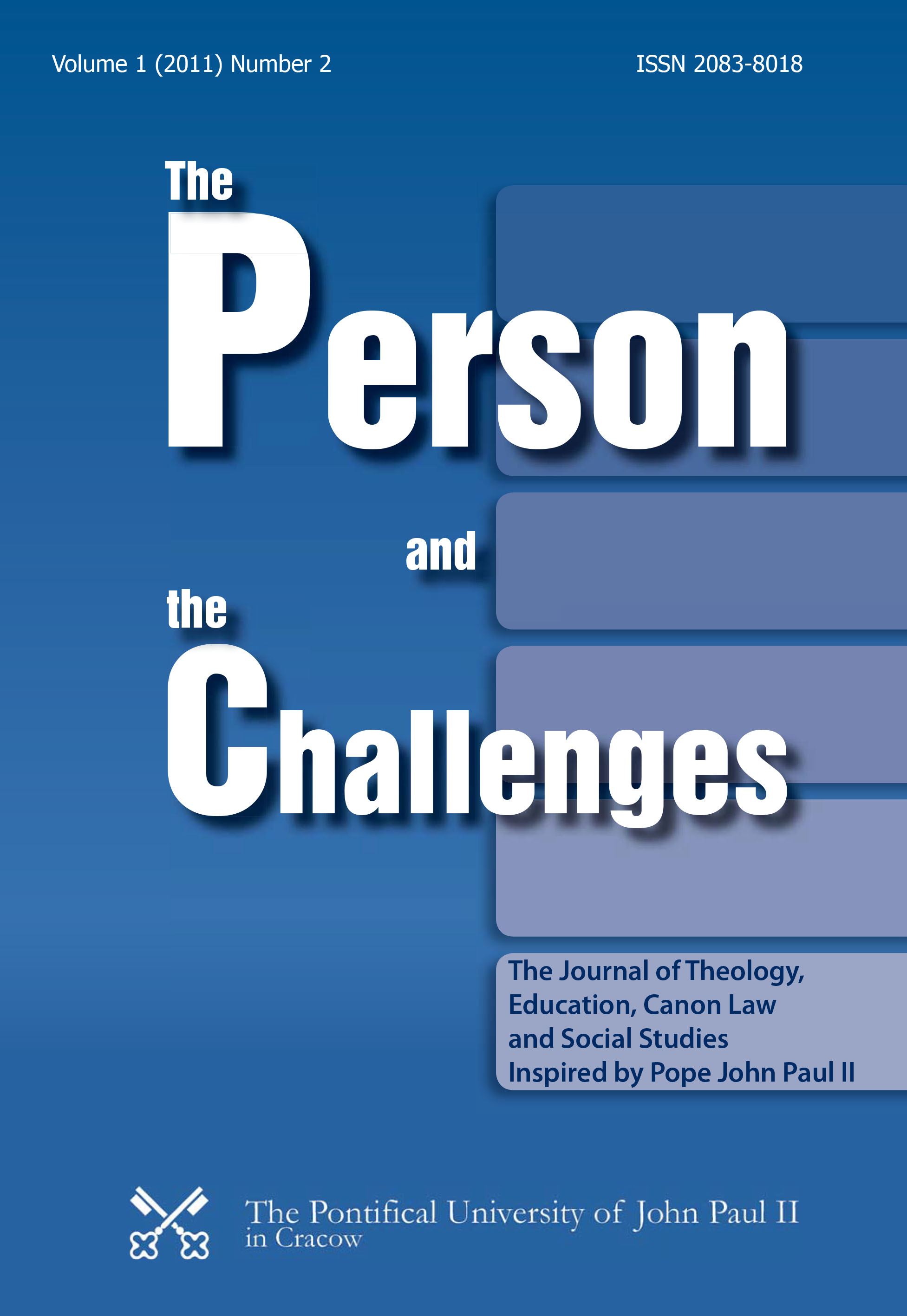Typological Usage of the Old Testament in the New Testament
DOI:
https://doi.org/10.15633/pch.859Słowa kluczowe:
typology, type, antitype, Old Testament, New TestamentAbstrakt
The typological reading and application of Hebrew texts deserve the greatest attention among the numerous ways of reading and applying the Old Covenant ideas, traditions and texts. Through the typological reading and application of the text, the text is given broad latitude for its typological application. Treating the Bible from the typological point of view is not only restricted to quoting the books of the Old Testament. Instead, numerous allusions and references to events, characters, places and descriptions are made. The interpretation of these analogies leads to the understanding of the whole truth of the Old and New Testament. “Christians therefore read the Old Testament in the light of Christ who died and rose from the dead. Such typological reading reveals an inexhaustible part of the Old Testament” (CCC 129). Therefore typological thinking is necessary in order to interpret the Bible messages appropriately.
Bibliografia
Beale G.K. (ed.), The Right Doctrine from the Wrong Texts?: Essays on the Use of the Old Testament in the New, Grand Rapids: Baker Book House 1994.
Buchan G.W., Typology and the Gospel, Lanham-Maryland 1987, Univ. Press of America.
Klinkowski J., Zużytkowanie Starego Testamentu w Nowym, Legnica 2000, Alta 2.
Kowalczyk A., Wpływ typologii oraz tekstów Starego Testamentu na redakcję Ewangelii Mateusza, Gdańsk 1993, Bernardinum.
Kuntzmann R., et al. (eds.), Typologie biblique: de quelques figures vives, Paris 2002, Éditions du Cerf.
Lampe G. W. H., Woollcombe K. J. (eds.), Essays on Typology, London 1957, SCM Press.
Rad von G., Typologische Auslegung des Alten Testaments, „Evangelische Theologie“ 12 (1952-53), p. 17-33.
Szymik S. (ed.), Słowo Boże w życiu i misji Kościoła, Lublin 2009, KUL.
Pobrania
Opublikowane
Numer
Dział
Licencja
Prawa autorskie (c) 2015 Piotr Łabuda

Utwór dostępny jest na licencji Creative Commons Uznanie autorstwa 4.0 Międzynarodowe.
Autorzy publikujący w czasopiśmie udzielają jego wydawcy zgody o następującej treści:
- Autor zachowuje autorskie prawa majątkowe do utworu, a jednocześnie udziela wydawcy czasopisma zgody na jego pierwszą publikację w wersji drukowanej i wersji online na licencji Creative Commons Uznanie autorstwa 4.0 Międzynarodowe oraz zgody na wykonywanie opracowań, w tym przekładów.
- Autor ma możliwość udzielania zgody niewyłącznej na opublikowanie utworu w wersji, która ukazała się w czasopiśmie (np. zamieszczenia go w repozytorium instytucjonalnym lub opublikowania w książce), wraz z informacją o jego pierwszej publikacji w czasopiśmie.
- Autor może umieścić swój utwór online (np. w repozytorium instytucjonalnym lub na swojej stronie internetowej) jeszcze przed zgłoszeniem utworu do czasopisma.

